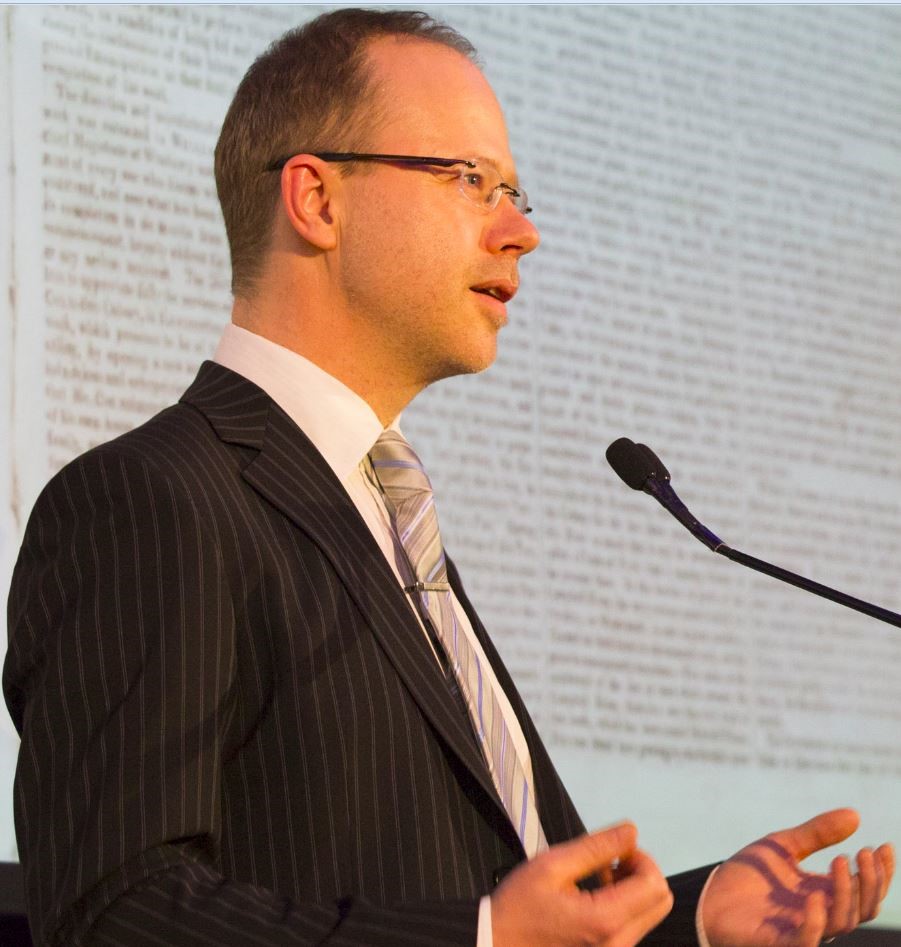We are in the midst of a data revolution that has penetrated the daily life of most of the world’s population so suddenly and deeply that it is impossible to grasp the extent of its impact on the concepts of self and identity. At the same time as accessing the ever-expanding realm of data via our networked devices, we are also contributing to it with every click or touch and generating a new kind of self in the free and open space of the Internet – ‘the world’s largest ungoverned space’. Can the new inclusiveness that digital technologies have given us be understood as the fulfilment of campaigns waged by critical theories in the late twenty-first century against the authority and centrality of mainstream narratives and the visions they promulgated of the world and ourselves? Or are we facing a new kind of imperialism as we fall under the spell of algorithmic culture – the monster we ourselves have created, nurtured and set free? This paper considers identity in the twenty-first century in terms of the tensions and contradictions between freedom and chaos, definition and dissolution, location and placelessness that are inherent in the digital world.
[extract]
Arthur, Paul Longley. “Things Fall Apart: Identity in the Digital World.” In “Locating Lives,” edited by Kylie Cardell and Kate Douglas. Special issue, Life Writing 14, no. 4 (2017): 541–50.






